Reflecting on the Referendum: My Summer in Tunisia
By Ian DeHaven ’23
The Global Research Institute’s Summer Fellows Program provides international experiential learning opportunities to W&M students. This post is one installment of a series highlighting the 2022 Fellows’ key discoveries and formative experiences.
In July 2021, a year before my trip to Tunisia through GRI, Tunisian President and former law professor Kais Saied launched a coup d’etat when he ordered the military to surround the Parliament building. Harnessing public outrage over COVID-19, the sagging economy, and the ineffective Parliament, Saied took the opportunity to undermine Tunisia’s democracy and seize powers for himself. In the following months, Saied put travel restrictions on political opponents, fired dissenting judges, and stoked national fears over the widespread corruption that had supposedly taken root since the 2011 Arab Spring Revolution. Tunisia struggled to consolidate its democracy and achieve economic stability even before the shock of COVID-19. With twin economic and political crises now on the country’s hands, observers around the world feared whatever lay next for Tunisia’s fragile democracy.
Tunisians, on the other hand, celebrated openly in the street. From their point of view, the nation had little to show from its 10 years of democracy: unemployment was still high, opportunities were still limited, and, worst of all, most of those 10 years were spent under a reviled, Islamist-controlled government. To many, Saied’s unilateral seizure of power wasn’t a challenge to democracy; it was an opportunity for real systemic change.
But by the time Professor Grewal, Salah-Dean and I got to Tunisia, the mood had changed.
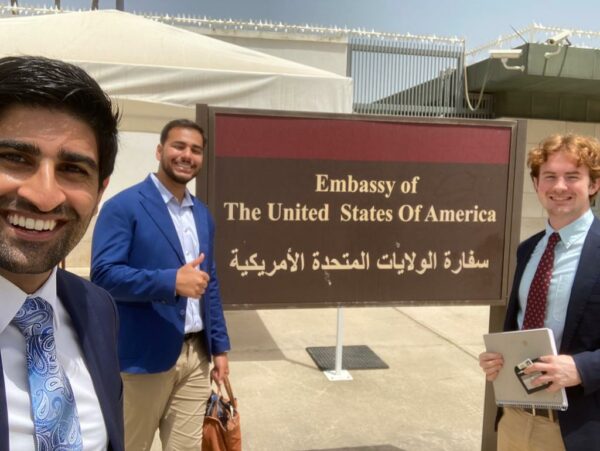
Professor Grewal, Dean and I stand outside the embassy after the meeting with government employees and sharing perspectives on the situation in Tunisia. Even with the notes I took, my head was spinning from the conversations we had!
Saied’s experience in constitutional law had not helped him deliver the results that people desperately wanted and needed, despite increased executive powers. Food shortages, lack of economic opportunities, and poverty still gripped Tunisia. In Tunisia’s excitement to escape the status quo and thwart the bumbling and untrustworthy Islamist government, the people had allowed a complete political outsider to derail their democracy with no results. Many people we worked with throughout our July 2022 trip had once supported Saied’s extraordinary measures. Now, with a constitutional referendum to codify all of Saied’s changes and permanently alter Tunisian democracy, Tunisians once again faced the possibility of personalist dictatorship.
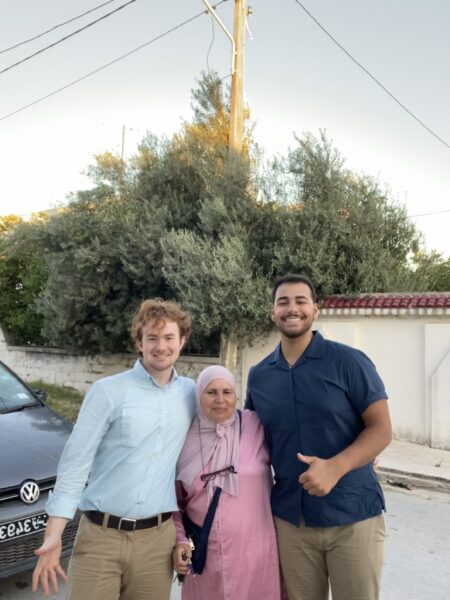
Dean and I standing with his aunt, who lovingly hosted us during our trip to Tunisia, on Eid Al-Adha.
This was the complicated scene for my trip as a GRI Summer Fellow. At many points, even with plenty of background reading and research, I felt like I was drinking water from a firehose. I arrived in Tunis on June 28th, and with no chance to adjust to the time zone, I was interviewing titans of Tunisian politics on June 29th. I spent many hours this summer in over my head, trying to make sense of this complex political patchwork and transcribing hours of interviews just to pull a quote or two for news articles. In the course of my team’s work, we were fortunate enough to speak to political leaders like Rashid Ghannouchi and Najib Chebbi, who each took a vocal stand against Saied through their efforts with the “Citizens Against the Coup” movement. We visited the US Embassy and spoke to regional military and political experts. Our team was even lucky enough to interview the former head of Tunisia’s dissolved anti-corruption governmental body after Salah-Dean (another GRI Summer Fellow) and I crashed a wedding and networked with the other attendees!
After all of these interviews and countless other conversations with PhD students, civil society activists, and Tunisian citizens, our team published two news articles, and I was gobsmacked yet inspired. I have studied International Relations, Arabic, and the Middle East for years at William & Mary — which absolutely does not make me an expert — and I can recognize a political quagmire as quickly as anybody else. Many of the people we interviewed spoke frankly about the daunting circumstances Tunisia was facing at the time, and conceded that successfully resisting an unreliable referendum would be a large hurdle. There would be no easy or obvious solution to Tunisia’s political and economic crises, and I felt powerless to add anything intelligent to the conversation. What moved me deeply, however, was the fact that these political actors still organized, still resisted, still risked their lives to fight a state that grew steadily more repressive. The bottom-up commitment to an equitable future that I saw in Tunisia, whatever that future looked like, was powerful to say the least. I left Tunisia shortly after the referendum solidified Saied’s extraordinary powers and was torn to see people celebrating in the street once again. Only this time, there were much fewer people. And with the redoubled efforts of the awoken Tunisian political opposition, hopefully they will never face democratic backsliding like this again.
I would like to take the opportunity to thank Professor Tierney and the GRI, without whom this Summer Fellows trip would have been impossible. I would also like to thank Professor Grewal for bringing me on the team and my co-worker Salah-Dean Satouri for being an amazing friend and host while we spent long hours transcribing interviews in his aunt’s house. When I learned that we three would be the ones going to Tunisia, I hooped and hollered. Finally, to our translators Mohamed and Mootaz Ghodbani, thank you for helping us score interviews and crash weddings in the name of researching democratic backsliding. I never would have believed that political science could be so fun.

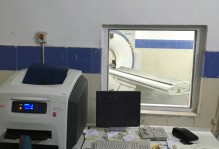
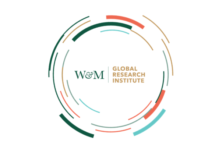
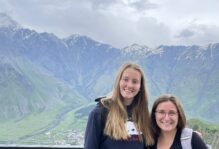
No comments.
Comments are currently closed. Comments are closed on all posts older than one year, and for those in our archive.